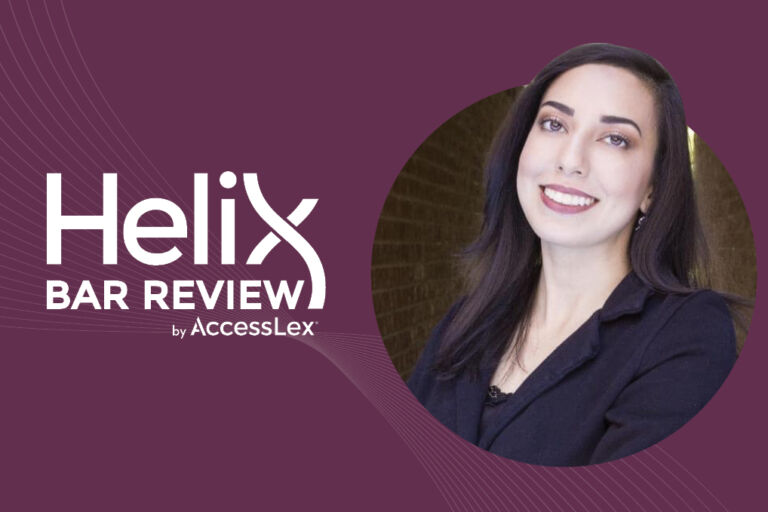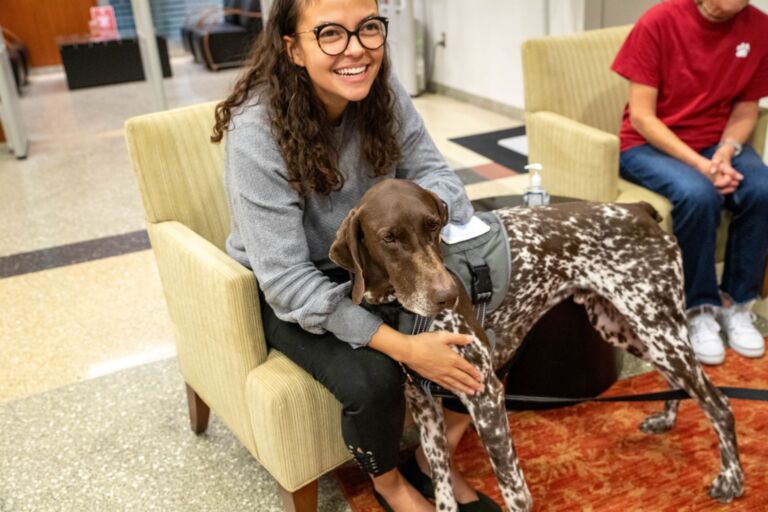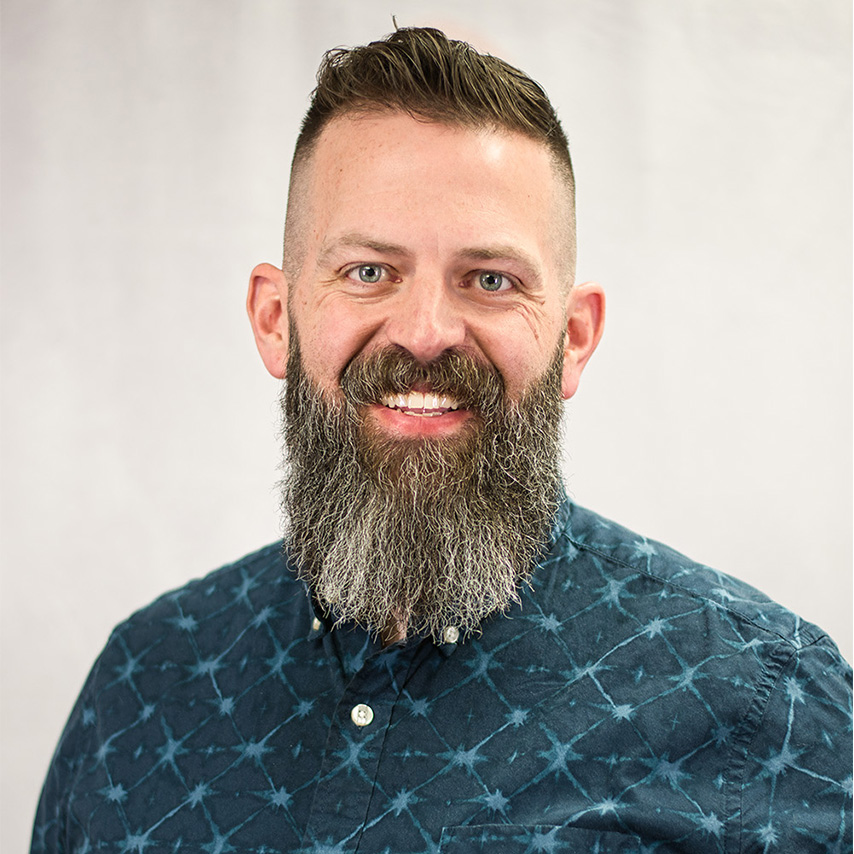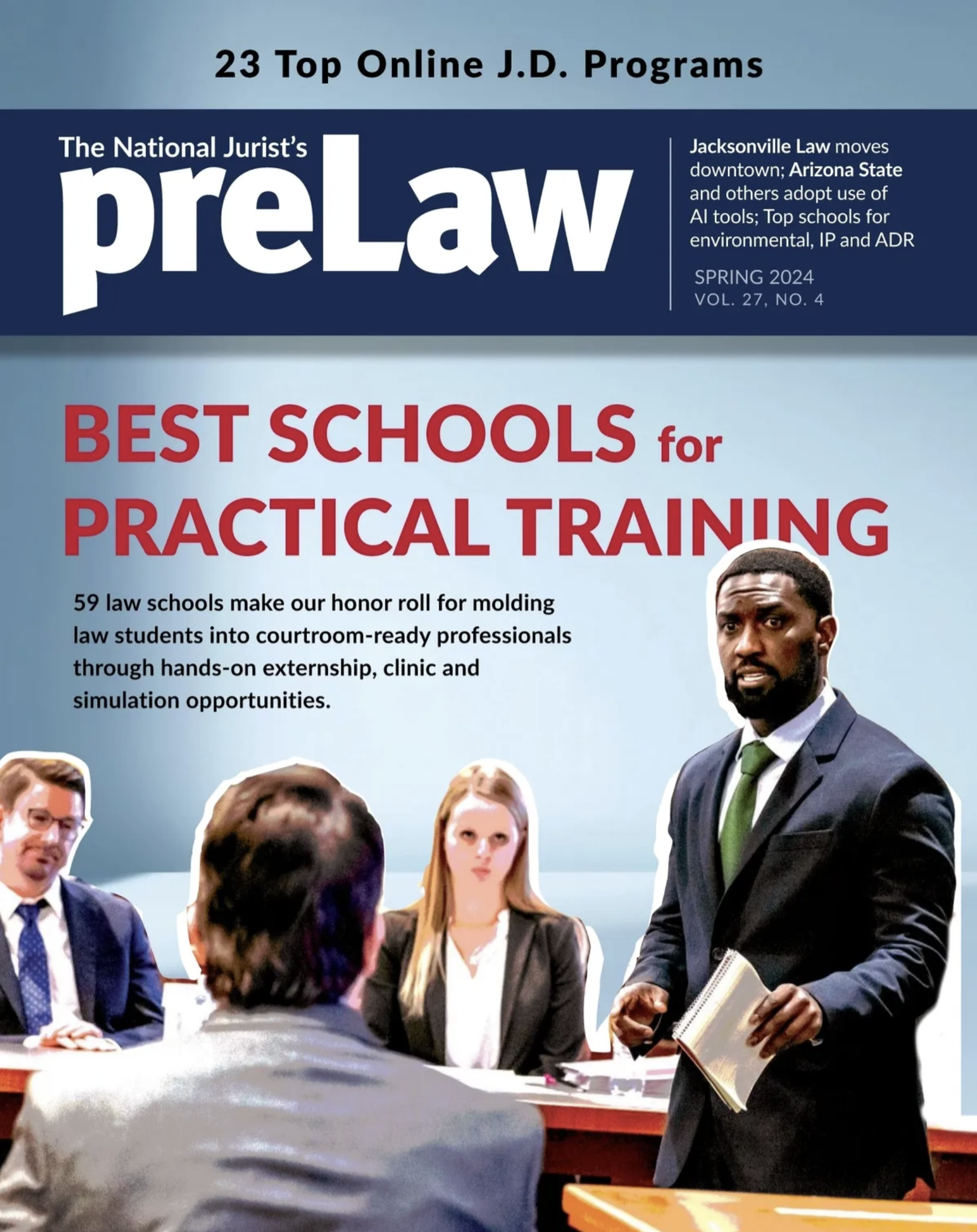Angela Levasseur will be the first law school graduate from her tribe when she graduates in the spring. The 44-year-old has been an educator for more than 20 years, but law has called out to her since she was 12.
Levasseur is a member of the Nisichawayasihk Cree Nation, and lives on her reservation in northern Manitoba, Canada.
Her tribal leaders encouraged its citizens to attend law school, and she jumped at the chance. It was a struggle to prepare for the LSAT while nursing a seven-month-old baby and working full-time, but she made it happen. Leaving the reservation to attend law school wasn’t an option, but Mitchell Hamline School of Law’s hybrid option gave her the opportunity.
Mitchell Hamline welcomed 11 Native American students this school year, a record for the school.
Angelique EagleWoman, director of Mitchell Hamline’s Native American Law and Sovereignty Institute, said the increase is because of a directed effort by the school to attract more tribal-enrolled and tribal-descendant students.
“There is a great need for law graduates who know Native American law and an even greater need for Indigenous people to learn the law themselves so they can serve their peoples,” EagleWoman said. “I look forward to expanding the work of the NALS Institute and strengthening tribal sovereignty in legal education.”
Levasseur is part of the school’s Native American Law Students Association (NALSA) and serves as its historian, while also serving as the student representative for the Minnesota American Indian Bar Association.
“This is an exciting place to go to law school,” she said. “The Twin Cities has a rich history in Native American activism and Native American law. And Minneapolis-St. Paul has a very engaged Native community.”
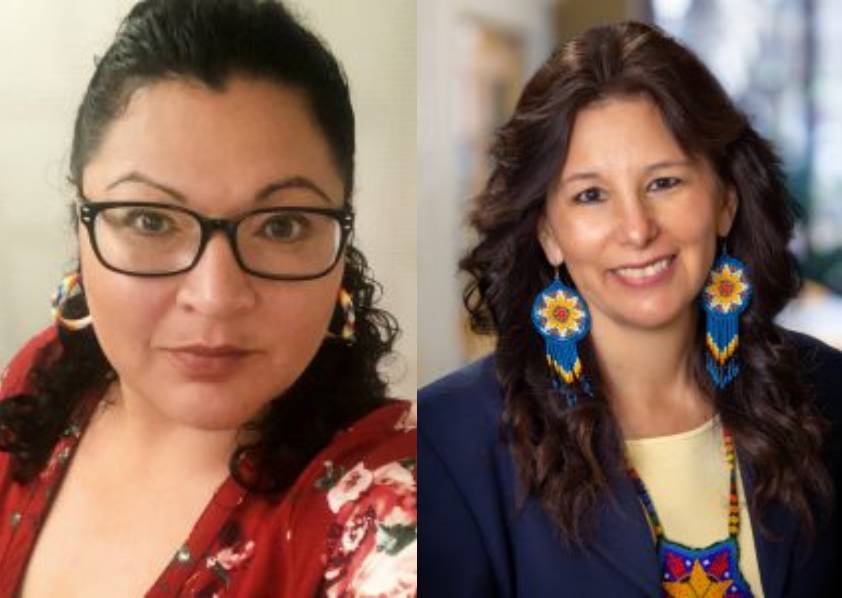
“It’s important for Native people to run our own affairs,” she said. “A lawyer can go to court and change oppressive and archaic laws.”
GeWaden Dunkley, a third-year student who is the NALSA president, said the pursuit of a law degree is a way to be the voice for those that have no voice and to give power to the powerless.
“Seeing all these Native 1Ls is a sign that we are still here and are thriving in spite of what was done to us,” he said. “As with other marginalized groups, the majority of history since contact with Europeans omits Natives’ voices either by neglecting or actively suppressing them.”



